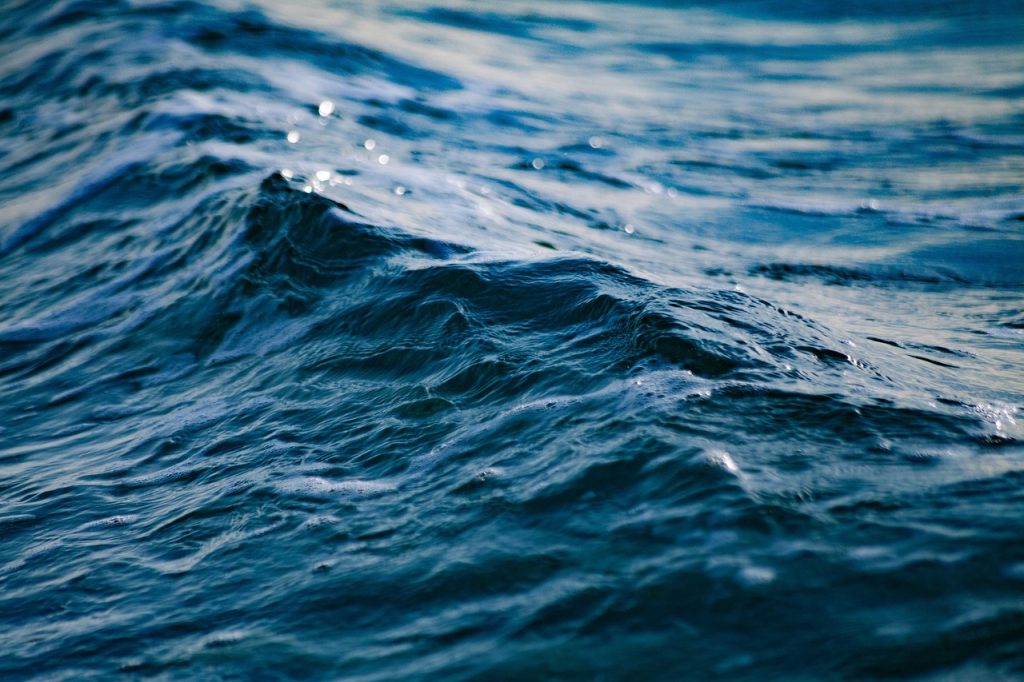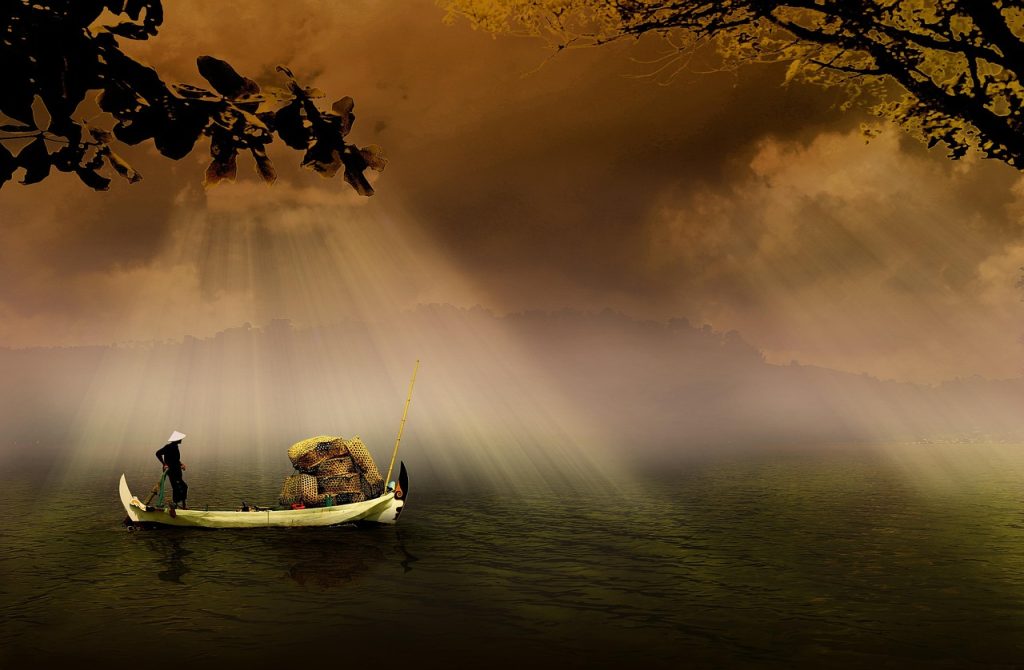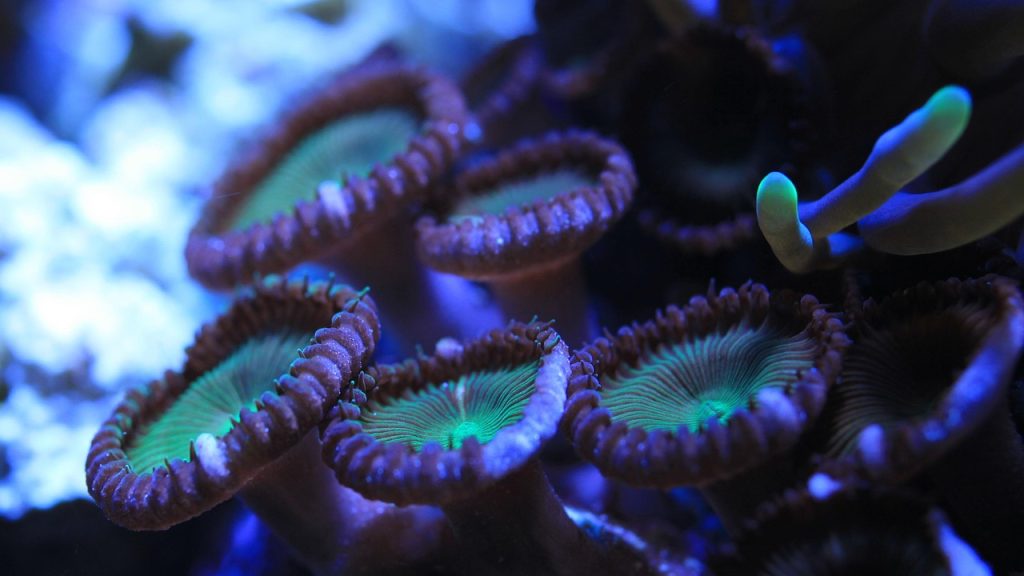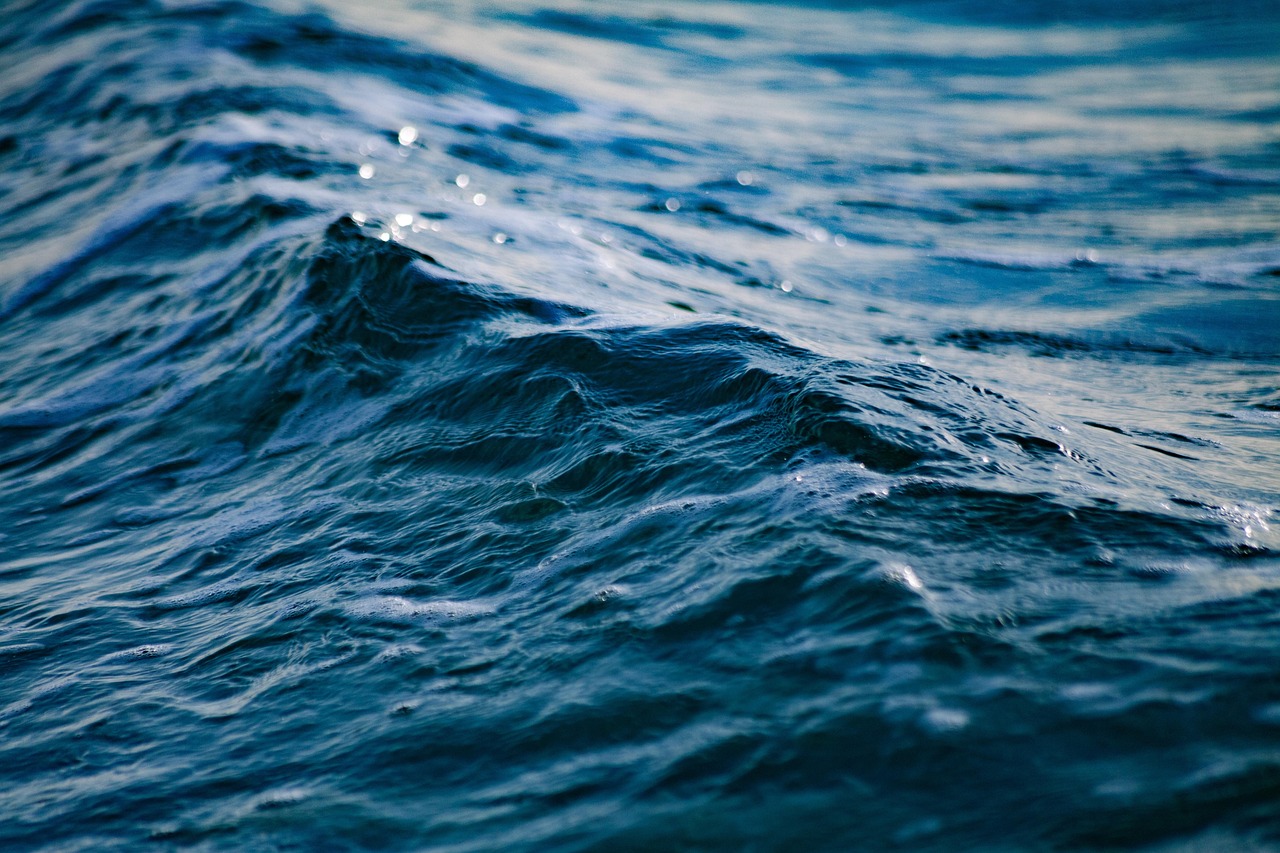What strategies do you think you could employ to reel in a big catch while saltwater fishing in New Jersey?
Understanding Saltwater Fishing in New Jersey
Saltwater fishing in New Jersey offers an exciting opportunity to catch a variety of fish species. With the Atlantic Ocean on one side and numerous bays and estuaries on the other, you have a wealth of fishing locations and techniques at your disposal. Engaging actively in this sport can lead to memorable experiences, delicious meals, and even new friendships.

Best Locations for Saltwater Fishing in NJ
Choosing the right fishing spot can significantly impact your success. Let’s look at some prime locations for saltwater fishing in New Jersey.
1. Sandy Hook
Sandy Hook is a classic fishing destination with both surf fishing and boat access. Known for its beautiful beaches and diverse marine life, there’s a good chance you’ll encounter striped bass, fluke, and bluefish here.
2. Barnegat Bay
This spot is perfect for the angler looking for a sheltered area. Barnegat Bay is known for its plentiful fluke population and is a family-friendly spot with plenty of space to cast your line.
3. Cape May
As one of the southernmost points in New Jersey, Cape May offers excellent opportunities for deep-sea fishing. You can charter a boat to catch tuna or mahi-mahi, depending on the season.
Essential Gear for Saltwater Fishing
Having the right gear can make all the difference when you’re on the water. Here’s a breakdown of what you’ll need to make your fishing experience enjoyable.
Rod and Reel
Choose a rod that’s appropriate for saltwater conditions. A medium-heavy rod is generally recommended for larger species, while a medium-action rod works well for smaller fish. Pair it with a reliable saltwater reel to ensure durability and performance.
Fishing Line
Opt for a braided fishing line because it offers better sensitivity and strength compared to monofilament. A good test strength ranges from 15 to 30 pounds, depending on the fish you’re targeting.
Tackle and Bait
Understanding the types of tackle and bait that work well in saltwater fishing is crucial. Here’s a simplified table to guide your choices:
| Fish Species | Recommended Bait | Tackle Type |
|---|---|---|
| Striped Bass | Eels, Clams, Live Bait | Circle Hooks, Jigs |
| Fluke | Squid, Gulp Baits | Bucktail Jigs |
| Bluefish | Mackerel, Cut Bait | Poppers, Trolling Lures |
| Sea Bass | Clams, Crabs | Bottom Rigs |
Fishing Techniques to Master
Different fishing techniques can enhance your effectiveness on the water. By mastering the following methods, you’ll be better prepared to catch your target species.
Surf Fishing
Surf fishing involves casting your line from the shore into the ocean. This technique is particularly popular during the summer months when species like striped bass and bluefish are prevalent. Use a heavier sinker to get your bait out to deeper waters.
Bottom Fishing
Bottom fishing targets species like fluke and sea bass. You’ll typically use a weighted rig that reaches the ocean floor. Use live or cut bait and hold steady to feel the bites that occur right from the seabed.
Trolling
Trolling is a dynamic fishing method where your bait is towed behind a moving boat. This technique is excellent for catching larger fish like tuna and mahi-mahi. Adjust the speed of your boat to match the ideal conditions for the fish you’re pursuing.
Regulations to Consider
Before you start fishing, it’s essential to be aware of the local regulations. New Jersey has specific laws regarding fishing licenses, catch limits, and size restrictions, which are crucial for conservation efforts.
Fishing Licenses
To fish in New Jersey, you are required to obtain a fishing license if you’re 16 years or older. Licenses can be purchased online or at various retail locations. It’s important to have this documentation on you while fishing.
Regulations and Limits
The New Jersey Division of Fish and Wildlife provides detailed information on size and bag limits for each species. Being mindful of these regulations helps to maintain sustainable fishing practices and ensures that this sport can continue for generations.

Seasonal Fishing in NJ
Fishing success can fluctuate depending on the season. Different species have their peak times throughout the year, making it essential to plan your trips accordingly.
Spring (March to May)
In spring, the waters begin to warm up, bringing striped bass back to the area. This is an excellent time for surf fishing along coastal beaches.
Summer (June to August)
Summer offers excellent fishing opportunities for fluke and bluefish. The warmer waters also attract various species, making this the peak season for recreational fishing.
Fall (September to November)
Fall is a great time to catch migrating fish. Striped bass and bluefish are abundant in September, while fluke fishing wraps up as temperatures begin to drop.
Winter (December to February)
Winter fishing can be challenging, but it’s not impossible. Some anglers enjoy ice fishing in certain areas, while others may choose to target winter flounder from boats.
Preparing Your Catch
Once you’ve caught your fish, it’s important to handle it properly. Knowing how to prepare your catch can enhance your dining experience.
Cleaning the Fish
Cleaning your fish is essential for maintaining freshness. Use a sharp fillet knife and make precise cuts along the belly. Be sure to remove the entrails and rinse the fillets under cold water.
Storing Your Fish
Keep your fish on ice if you’re not consuming it immediately. Proper storage can keep your catch fresh for days. If you plan to freeze it, vacuum sealing is an effective way to prevent freezer burn.

Cooking Your Catch
There’s nothing quite like enjoying a meal made from your fresh catch. Here are some simple yet delicious ways to prepare saltwater fish.
Grilling
Grilling is a popular method for cooking fish, imparting a smoky flavor that enhances the dish. Simply marinate your fillets and place them on a preheated grill for about 4-5 minutes per side.
Baking
Baking is a healthier cooking option. Coat your fish with olive oil, lemon, and herbs, then place in a preheated oven. Baking typically takes 20-30 minutes, depending on the thickness.
Frying
For a crunchy texture, frying your fish can be flavor-packed. Dip the fillets in a seasoned batter and fry them in hot oil until golden brown.
Building Fishing Relationships
Fishing isn’t just about catching fish; it’s often about the connections you make. Building relationships with fellow anglers can enhance your experience.
Joining a Local Fishing Club
Consider joining a local fishing club or group. This can provide you with access to organized fishing trips, lessons from seasoned anglers, and opportunities to meet passionate individuals.
Participating in Tournaments
Engaging in fishing tournaments can be a fun way to test your skills against others while making new friends. Many tournaments in New Jersey cater to various skill levels and species.
Choosing the Right Boat for Saltwater Fishing
If you’re thinking about investing in a boat to enhance your saltwater fishing experience, there are several factors to consider.
Boat Size
The type of boat you choose will depend largely on your fishing goals. A smaller skiff is great for inshore fishing, while a larger center console boat may be needed for offshore expeditions.
Features to Look For
Consider looking for boats with features that assist in fishing, like rod holders, storage compartments for your gear, and enough deck space to move around comfortably.
Conclusion
Saltwater fishing in New Jersey offers plenty of opportunities for both novice and experienced anglers alike. By understanding the best locations, gear, techniques, and regulations, you’ll set yourself up for a rewarding fishing experience.
Your adventure awaits, filled with the thrill of the catch and the prospect of tasty meals shared with friends and family. Embrace the experience, learn continuously, and savor the appreciation of this wonderful sport!




